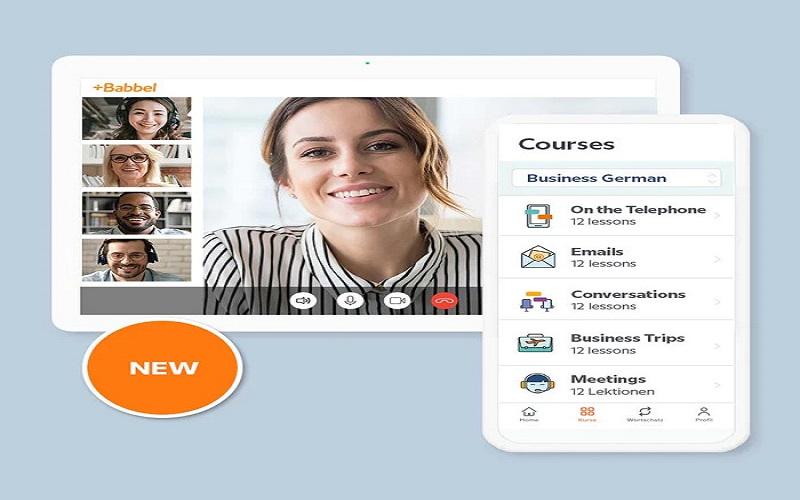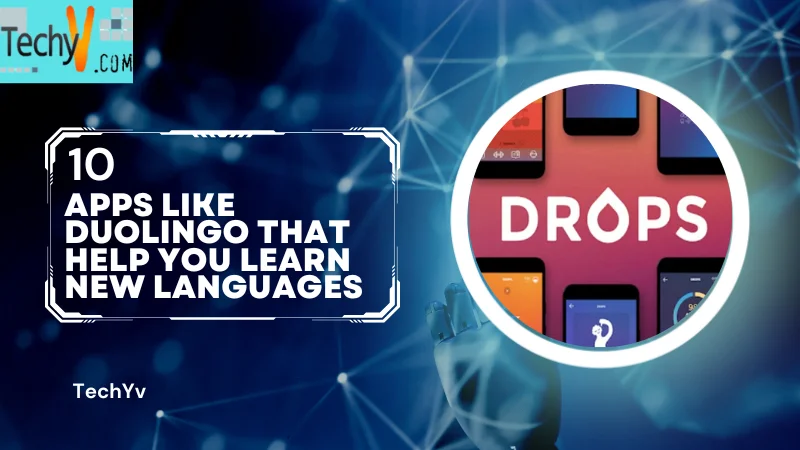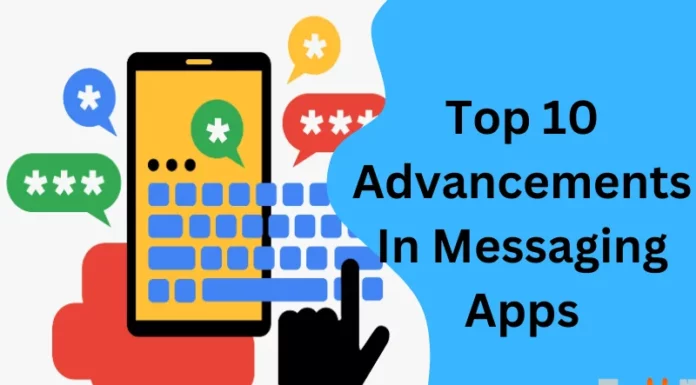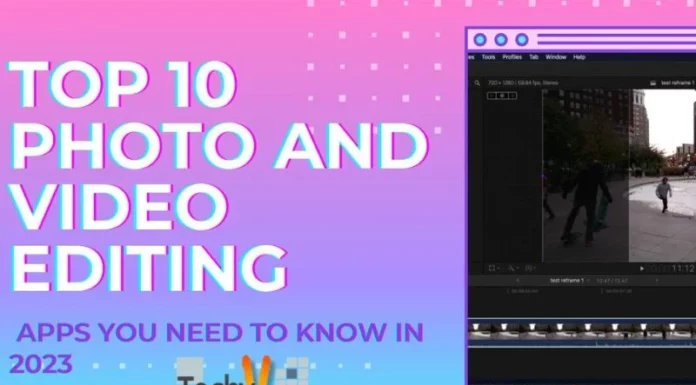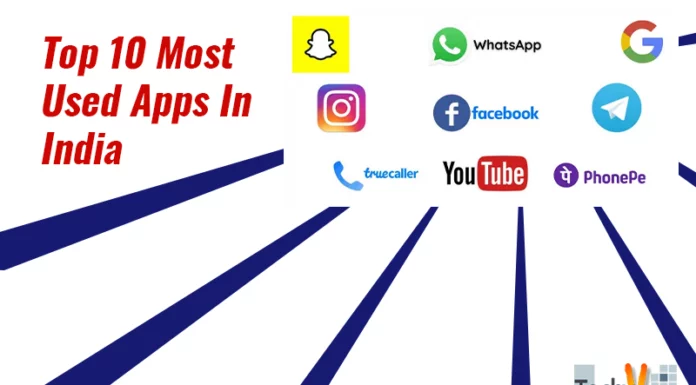The beloved green owl (Duolingo’s mascot) has gone viral more than once on social media and has become the most used language-learning app. However, Duolingo’s teaching methods might not work for everyone. This article gives you a list of language-learning apps that could work better for you. To help you up the game of learning new languages, some of these apps offer more in-depth courses than Duolingo.
1. Rosetta Stone
★ 4.7/5
With thirty years of experience in the language learning field, Rosetta Stone is a trusted choice by many language enthusiasts. The app brings you from beginner to intermediate level by focusing on improving speaking and pronunciation skills. The program uses TruAccent, a technology that gives instantaneous feedback on pronunciations and has helped develop confidence in its users. It uses the flash card technique with several prompts like images and texts to teach vocabulary and grammar. Unlike Duolingo’s whimsical style, the app uses a more academic design that might appeal more to some users. Rosetta Stone comes at reasonable prices for various levels of learning. The lowest price is $7.99 monthly for learning one language a year.
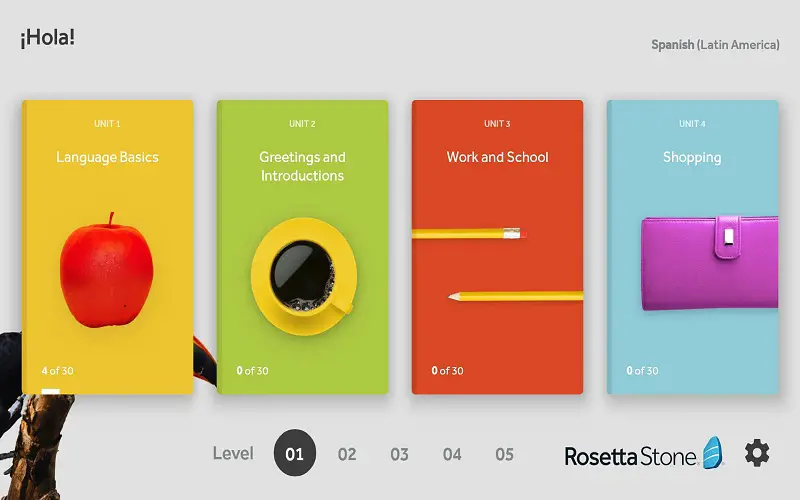
2. Memrise
★ 4.6/5
Memrise uses mnemonic techniques to maximize your learning potential. As the name says, it helps you memorize phrases and vocabulary by pattern coding its lessons. It makes learning fun by introducing lessons via exciting titles like “Beautiful French Words?” and “Birds In Hindi.” Memrise has a feature that allows you to access user-created content, but the content may be good or bad in quality. Its subscription prices range from $15 per month to $200 for a lifetime, and the best part is that, regardless of the subscription you choose, all languages are available to you.
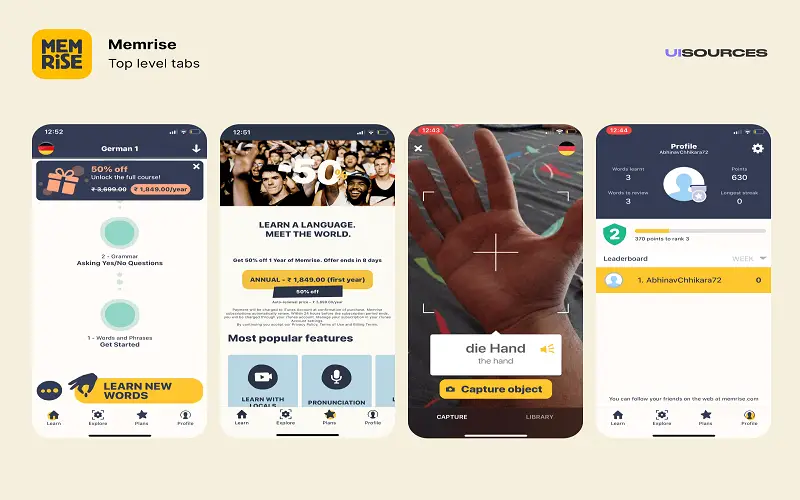
3. Busuu
★ 4.7/5
Busuu is a free language learning app that is on par with Duolingo. It uses interactive lessons that cover reading, writing, and listening skills, which helps the users to understand and learn the languages better. Busuu is a beginner-friendly app, and it starts by teaching its users words and phrases that would be more important when conversing in a new language. This feature also makes the app useful for people who travel to different countries for business. Its community learning feature sets it apart from the other language-learning apps in the field. By connecting with native speakers, you can learn quickly. You can also exchange feedback on your language exercises and actively converse with them.
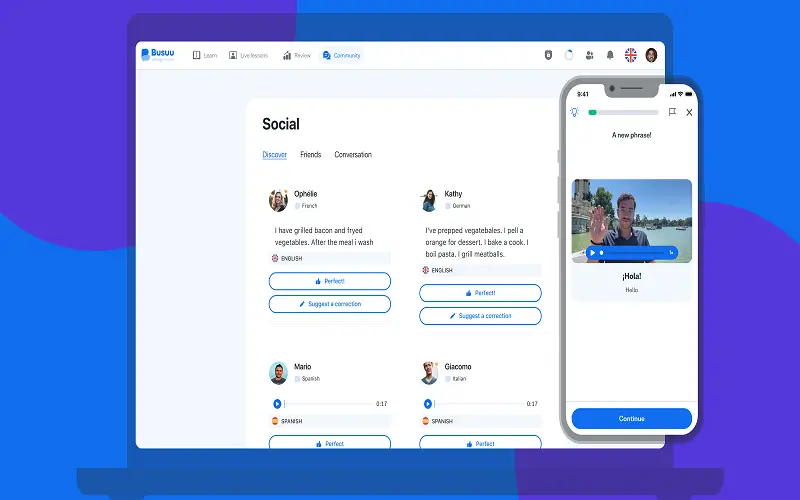
4. Tandem
★ 4.3/5
Tandem is another app that lets you learn through conversations with native speakers. You join the community as soon as you sign up. After that, the app asks some questions like “What topics are you interested in?” “What qualities are you looking for in a tandem partner?” and “What is the aim of your language?” you can customize your profile and have the best possible experience after answering these. Then Tandem helps you find the right language partner for you. It has text, voice notes, and audio or video call features to keep the conversation flowing. In-app correction and translation tools also help you with your learning progress.
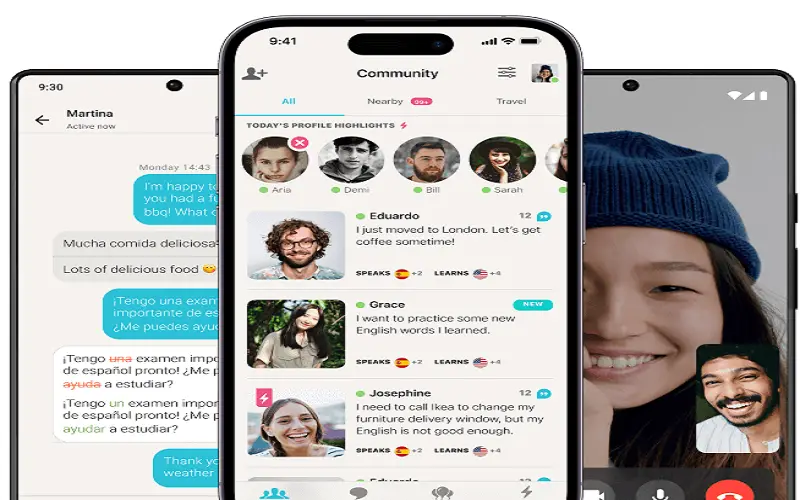
5. LingoDeer
★ 4.5/5
LingoDeer is a gamified language learning app that is a better fit for goal-based learners than Duolingo. Their expertise in the curriculum for East Asian languages like Korean and Japanese is vouched for by many language learning enthusiasts. It gives detailed grammar explanations at the beginning of each lesson that are very helpful for revisions. However, pronunciation and speaking skills aren’t effectively taught in LingoDeer. We suggest that you use it with other language-learning resources on the side. Deerplus or Speechling are two recommended options.
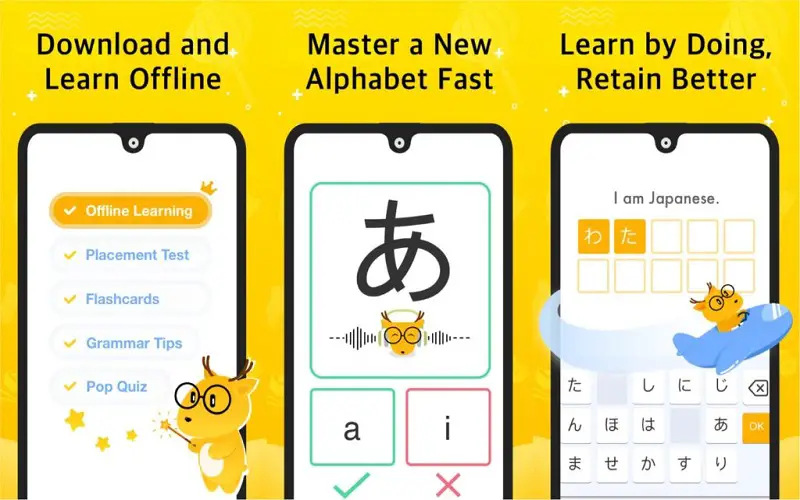
6. Drops
★ 4.4/5
The Drops app helps you to learn a language in fun and bite-sized lessons. The learning is limited to five minutes to prevent you from getting overwhelmed. The Drops app is an excellent option if you are looking for an app for beginner-level learning or just exposure to new languages. To overcome this five-minute limit, you have to purchase a subscription. The Drops app has 2,400 words in its vocabulary and is the app to try if you are searching for specific words that aren’t available anywhere else to learn.
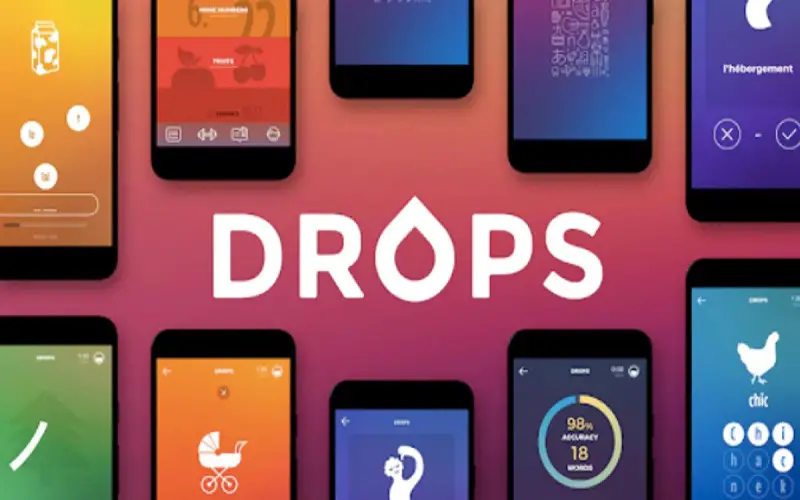
7. Lingvist
★ 4.4/5
Lingvist is another top-tier competitor among language learning apps for its rigorous teaching method through the repetition of flashcards and other exercises. The flash card drills use AI to figure out when you have learned a specific word, like ‘Nomu’ in Japanese, and remove it from the cycle of exercises. It then replaces it with a new words. Lingvist helps you learn advanced vocabulary. However, it doesn’t have pronunciation, conversation, or grammar practices available. However, the app keeps track of your progress and has excellent record-keeping features.
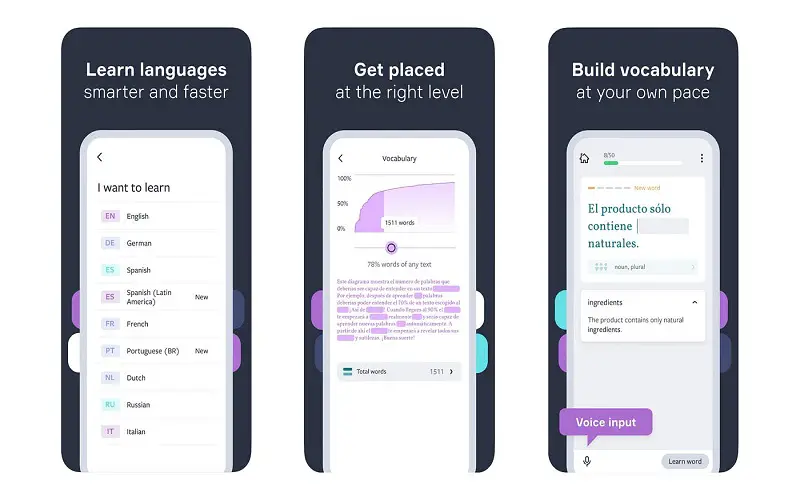
8. Mango Languages
★ 4.8/5
The Mango Languages app has a lot of interactive exercises that help develop your conversational skills. This app also uses a repetitive method to ensure you remember previously used words. Mango Languages aims for its users to gain practical conversational skills through scientifically proven techniques. Mango is an app to try if you plan to go on a trip soon and are looking for a good language app. The app gives a free trial for its new users. The monthly subscription for the app starts at $8 monthly.
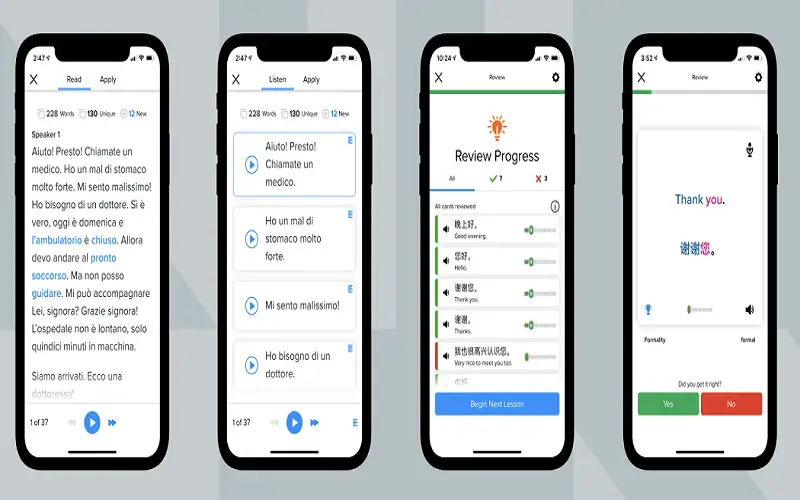
9. Pimsleur
★ 4.4/5
Pimsleur charges $20 a month for its subscribers to access all 51 languages. Among its many unique features are the Alexa mode and the smartphone mode. You can learn hands-free as these lesson frameworks are akin to podcasts. This app is based on the Pimsleur methodology of teaching foreign languages and is best suited for serious learners. Each lesson is 30 minutes long and follows the pattern of speaking and repeating. Then, it follows up with quizzes to track your progress. It’s a surefire method for learning.
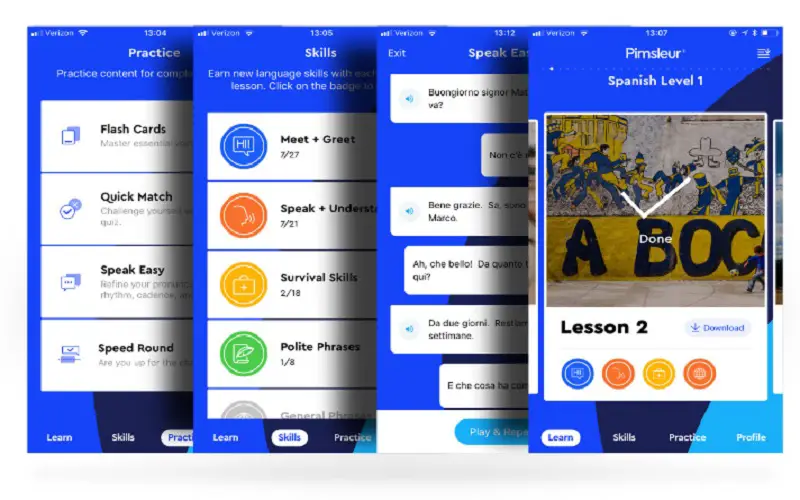
10. Babbel for business
★ 4.6/5
Babel teaches you to speak, read, and write. It has everything you need to learn a new language by following effective methods in the education field. It has an online school-like structure but lets you choose the lessons you want to take first. The app provides live videos, podcasts, games, and exercises that help you learn the languages through repetition. Although Babbel offers only 13 languages, the courses are very detailed and help you understand the languages in depth. After Rosetta Stone, Babel is the most highly recommended program on the market if you wish to get beyond basic conversational skills.
